Perioperative nursing is a specialised nursing area whereby a Registered Nurse (RN) works as a team member with other surgical healthcare professionals. It includes providing preoperative, intraoperative, and postoperative nursing care to surgical patients. In Malaysia, RNs working in the operation theatre (OT) is encouraged to pursue a post-basic course in order to be prepared with the required knowledge, skills, and characteristics to function in a safety-conscious and effective manner in perioperative setting.
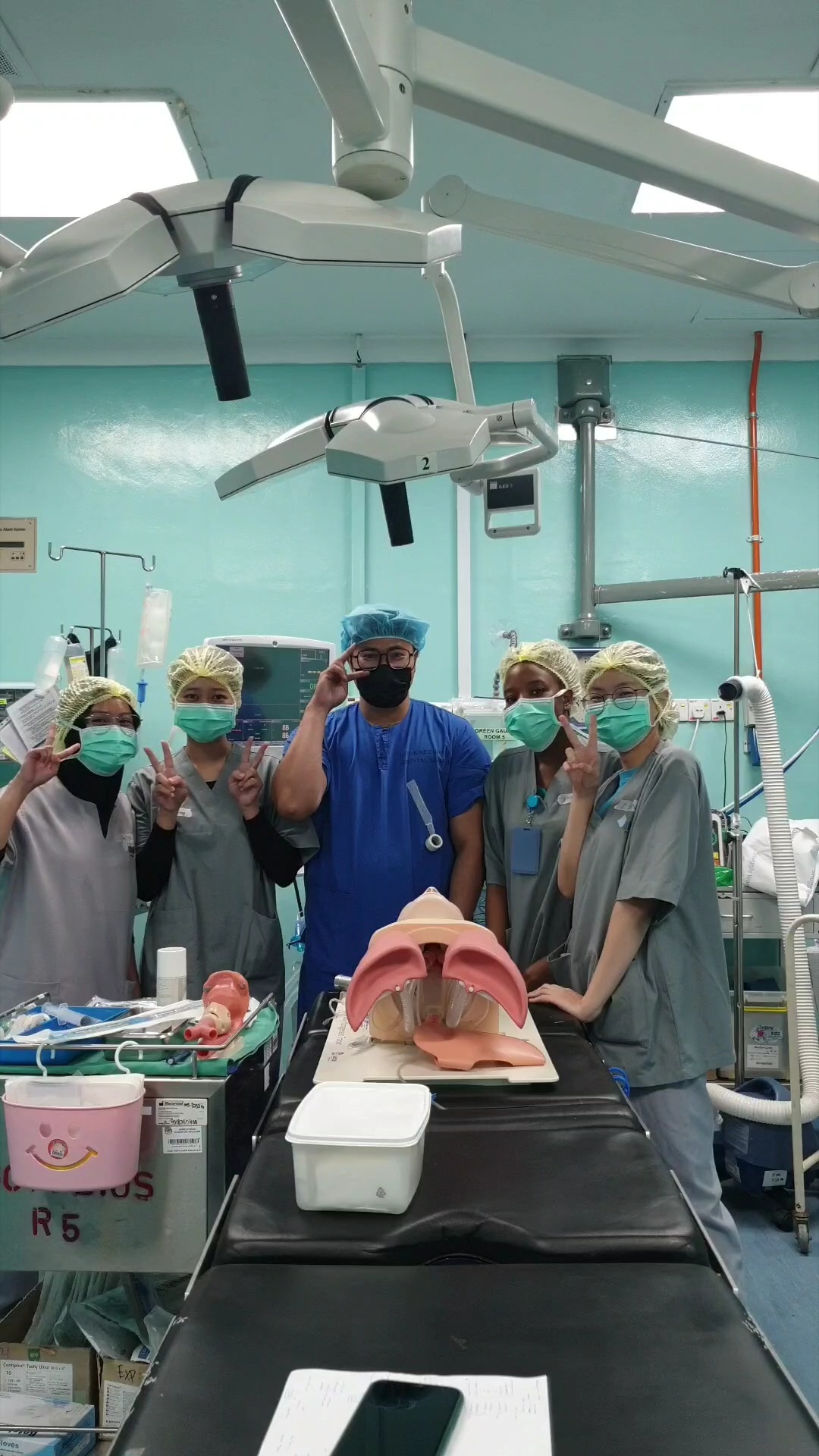
We as IMU nursing students were lucky to have the chance where we were assigned to the general operation theatre (GOT) of Hospital Tuanku Ja’afar, Seremban, for two weeks with the aim of applying the knowledge of nursing care for patients throughout the perioperative phase. The GOT consist of five operation rooms, a recovery room (also known as post anaesthesia care unit, PACU), induction rooms, and a sterile service room. Hence, our exposure has expanded from perioperative care to peripheral services, where we had the opportunity to visit the Theatre Sterile Service Unit (TSSU).
An operation room (OR) is filled with a group of healthcare professionals such as the anaesthesia team, a surgeon along with medical officers or housemen, RNs, and Medical Assistants (MAs) who takes on the role of a scrub nurse, circulating nurse, and technician. Each personnel is specially trained and has a different job scope but the same goals, which is to treat and ensure patient safety throughout the surgery. It was a pleasure for us to meet Mr Hafiy, the MA who specialised in anaesthesiology, whereby he was able to enlighten us with knowledge on anaesthetic drugs and tracheal intubation.
“It takes a wise man to learn from his mistakes, but an even wiser man to learn from others.”
Mr Hafiy volunteered to share his knowledge with us on the basic medications prior to intubation. We gained information on diverse types of general anaesthesia (GA) drugs, the stages of anaesthesia, and also the indications and contraindications of each drug.
We proceeded with hands-on endotracheal intubation after the theory session. Mr Hafiy not only granted us one of the OR for learning purposes, but also brought the intubation manikin for us to have the experience of intubating. Hereby, a shout-out to Mr. Hafiy again! Intubation is not included in our syllabus, but it is nice to know this skill as a nurse because nurses play a vital role in assisting with intubation. Now, I have a clear understanding in terms of what I should prepare and how I as a nurse can help during intubation rather than listening to orders especially in times of emergencies, which will eventually increase the efficiency of rescue work.
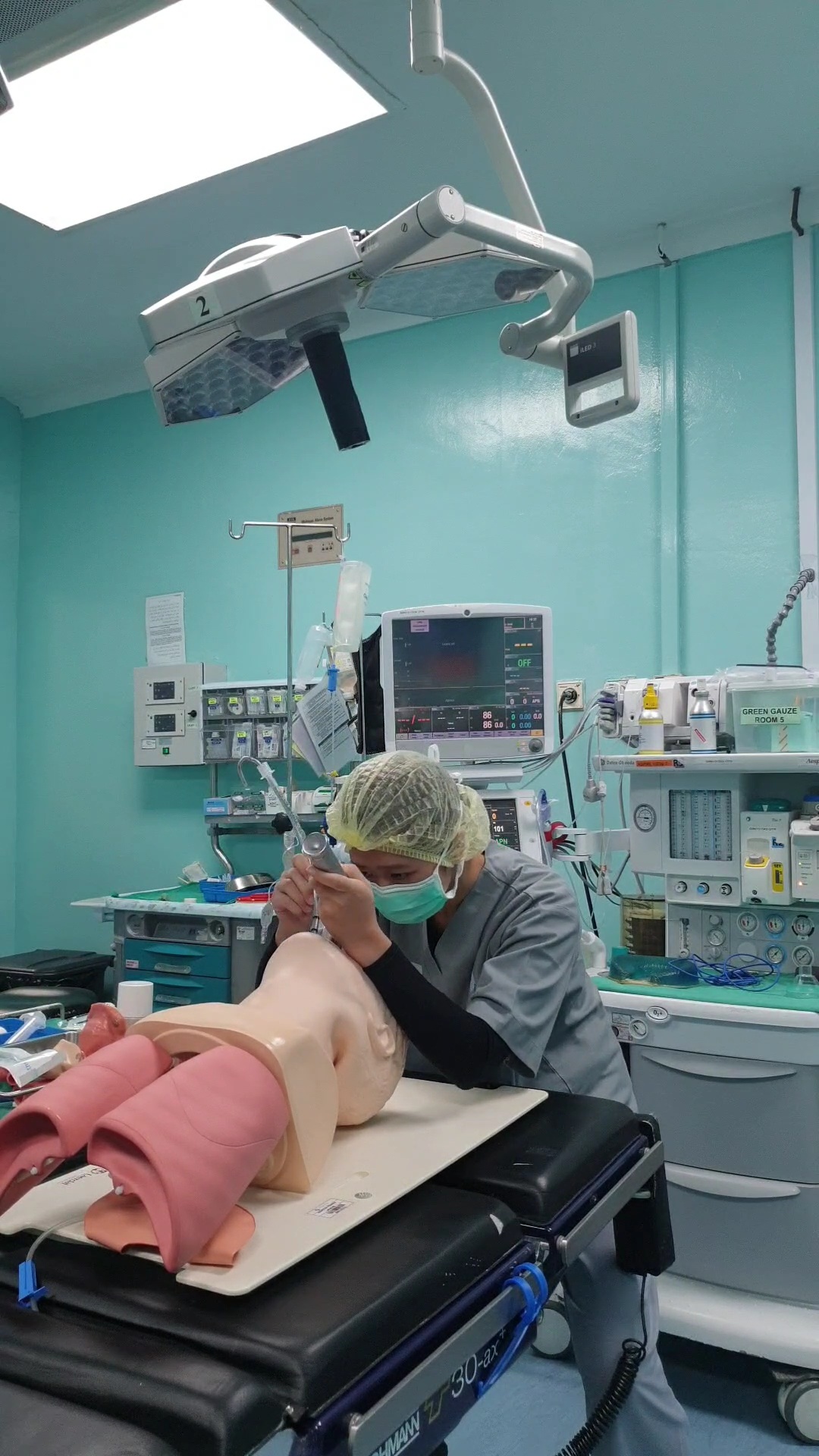
Thereafter, we also visited the TSSU on our second week of OT attachment. Have you ever wondered how gauze and cotton swabs were packed and sterilised, and how those dirty surgical and medical instruments were cleaned, packed, sterilised, and transported back to the respective units and wards? I have always been curious about the washing and packaging processes until I paid a visit to this unit and involved myself in the process. We were introduced to the steps of instrumental washing, air drying, and packing before undergoing sterilisation. Honestly, this was a great chance for us to recognise and learn each of the instrument’s name where we must counter-check the forceps, scissors, retractors, and other instruments against a checklist during packing process.
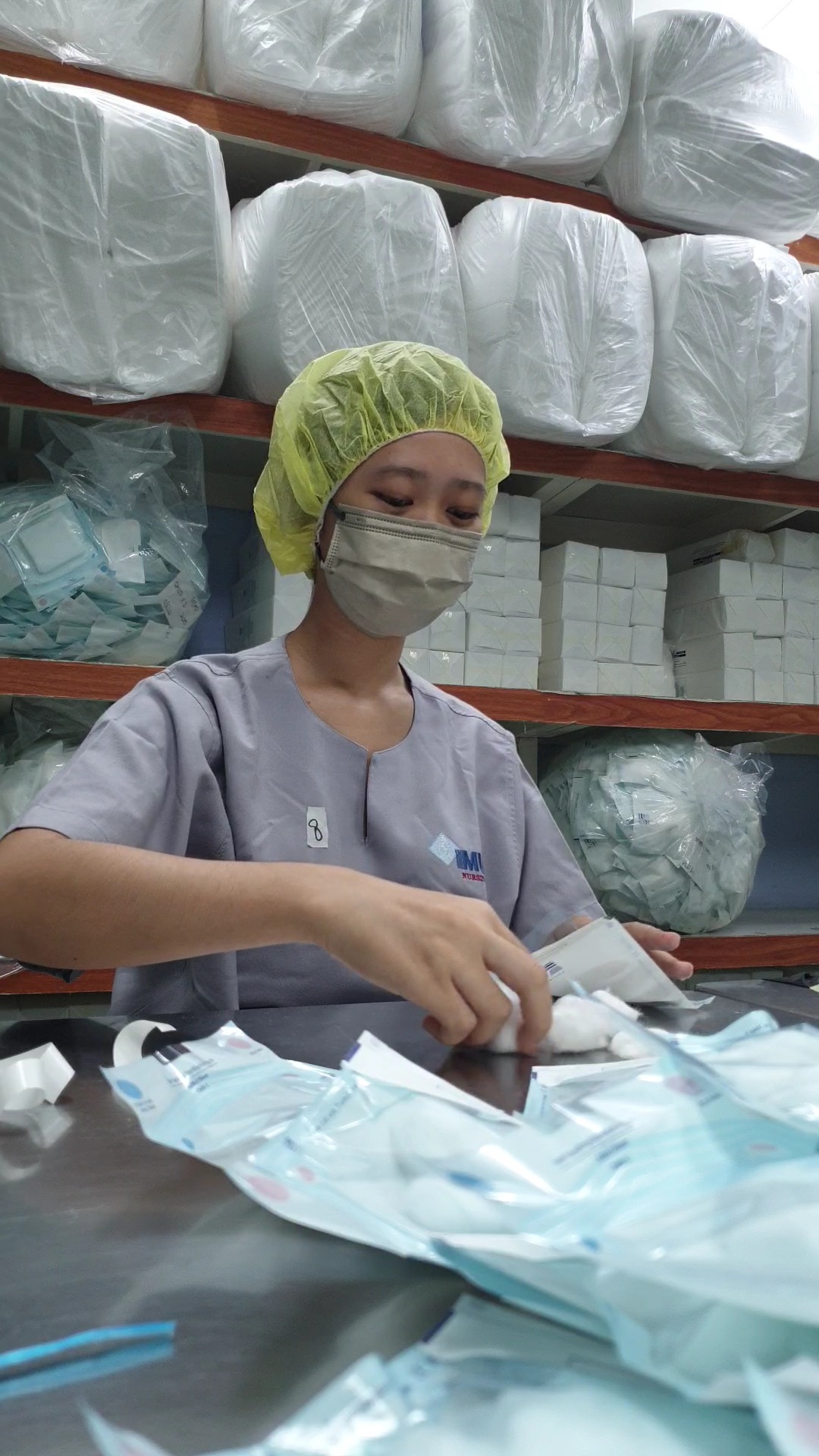
Apart from that, we were also taught about several types of packing methods like parcel and envelope, based on the size of items to be wrapped and type of wrapping material. We also helped in cotton swabs and green towel packing. The procedure sounds simple, but it is not an easy task to wrap it nicely and meticulously for a person without experience.
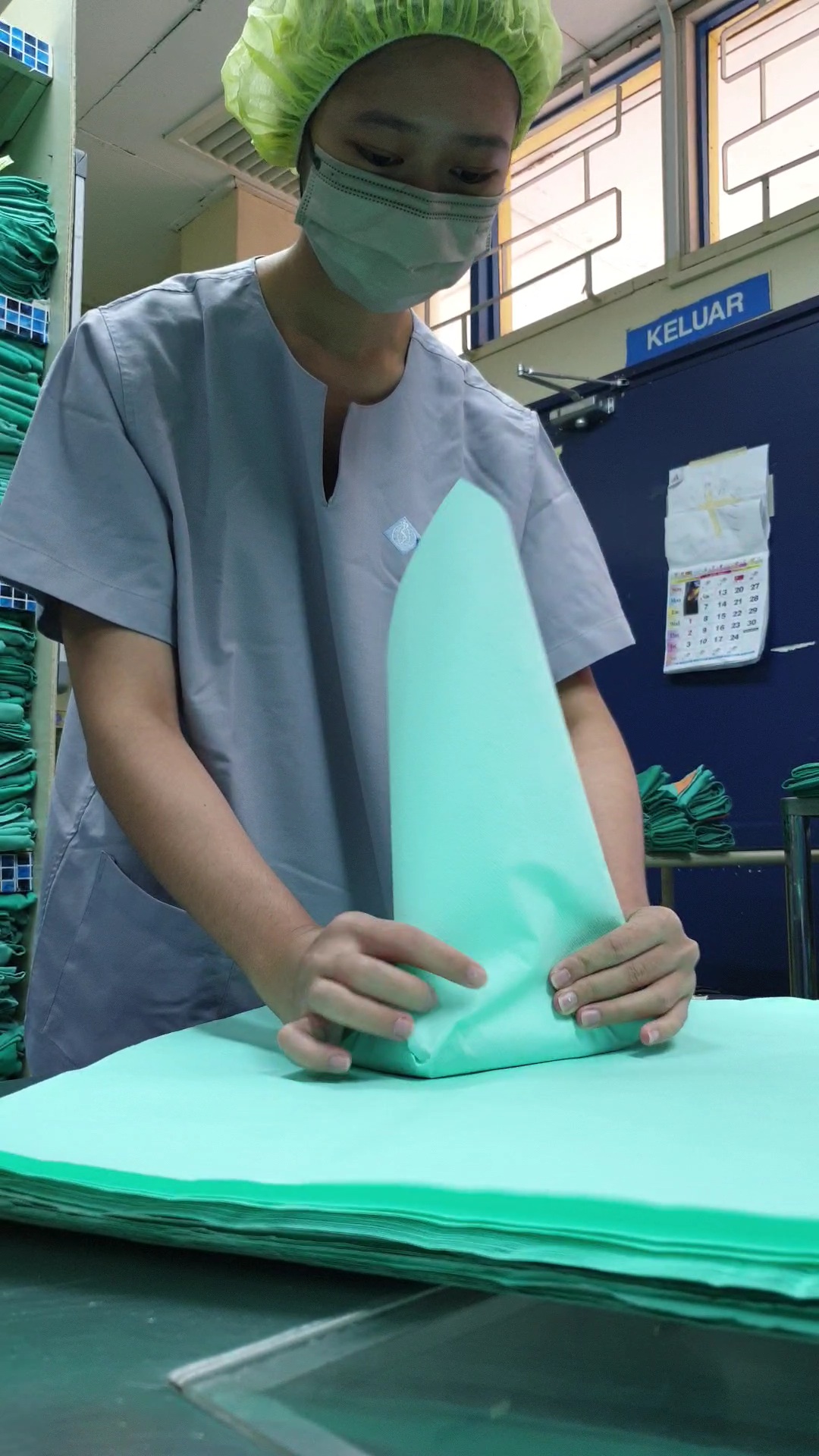
All packed items and instruments will then undergo autoclave sterilisation process which is managed by a specialised operator. According to the operator, there are few specific temperatures to be set-up depending on the materials to be sterilised. Not only that; we also learned distinct types of tests that are required to be done daily and weekly to ensure the autoclave machines are working well in order to maintain the quality of sterilisation.
All in all, OT is so much fun, and an infinity of knowledge can be learned here from each team member. After these two weeks of posting, I am glad I had the chance to observe a lot of surgical procedures that I have never seen previously such as caesarean, hysterectomy, and cranioplasty. I have also gained the knowledge of drugs and post-operative care. It was a whole new world for me in OT. I have encountered quite a few times of chaos in OR and came out with the summary of, “No one is perfect, and it is fine to be not perfect”.
Article written by nursing student, Tan Cai Ing from cohort NU119 (in the main photo above)
Reviewed by Khairunniza Gharib & Dr Lim Swee Geok
| The NU119 Cohort | |
|---|---|
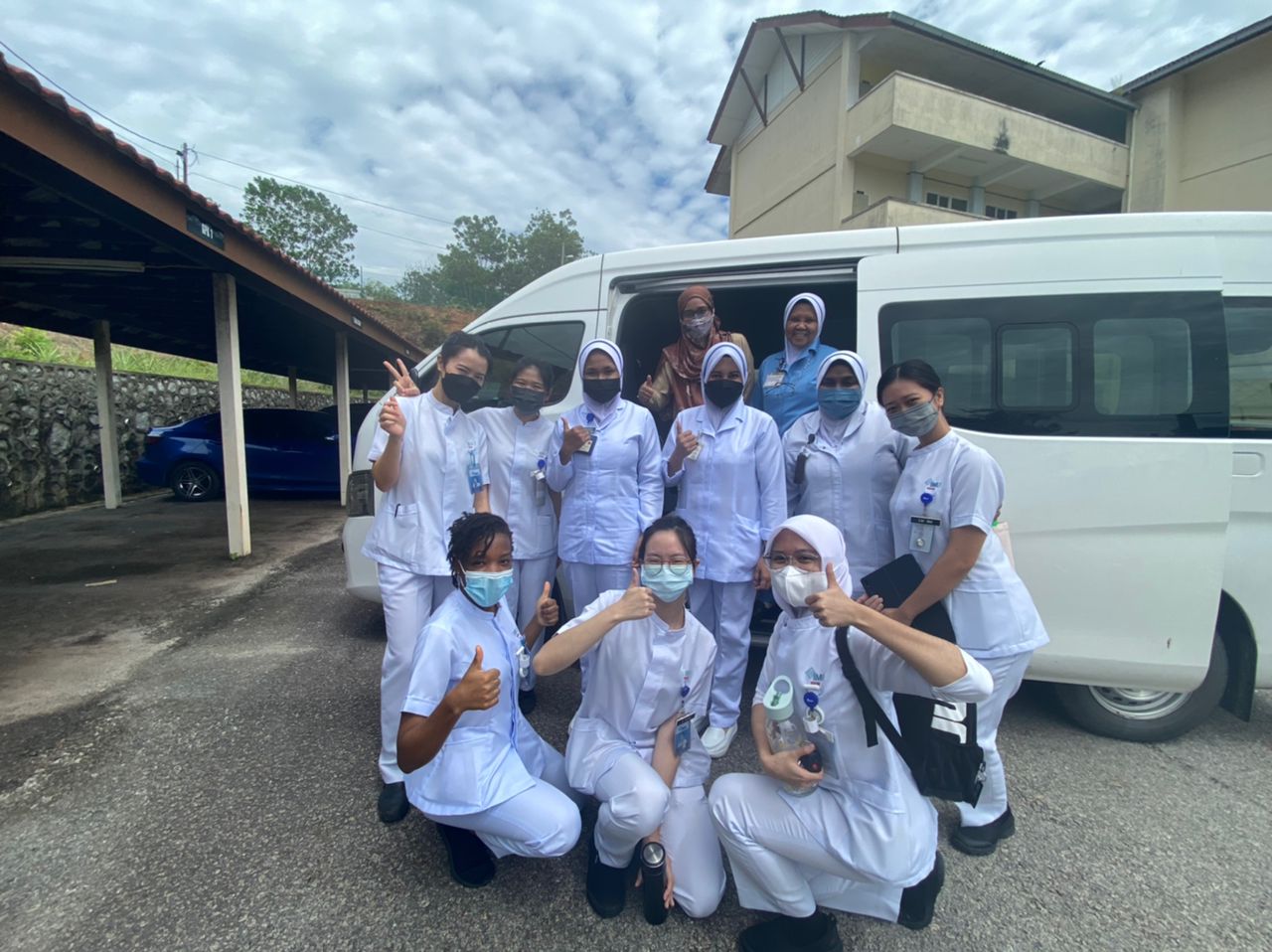 |
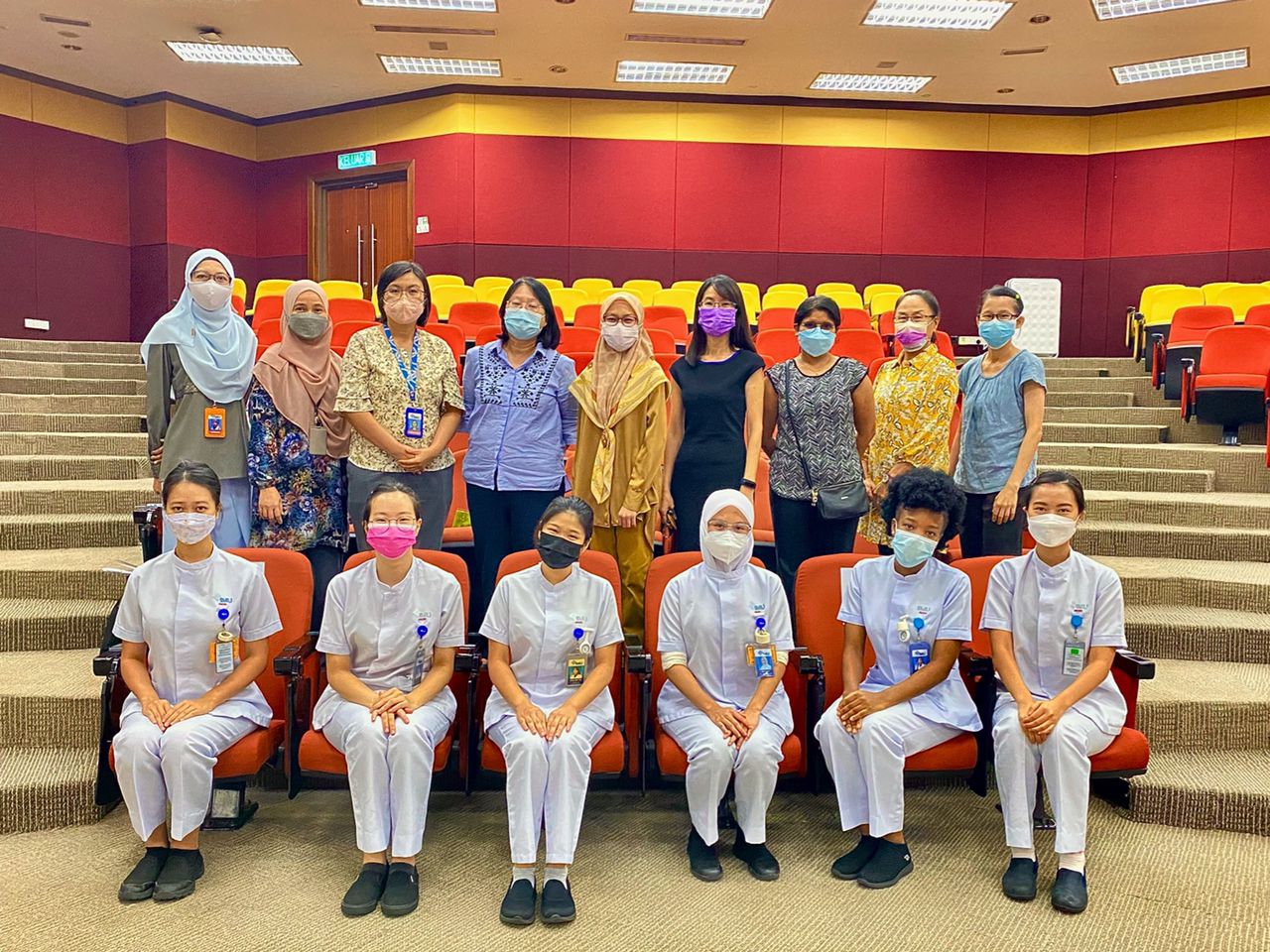 |








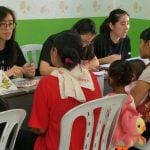
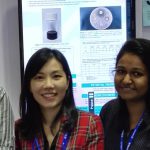
Mary Dasylva
All my life i want to study nursing I only did foundation of nursing were i learn alot
Mary Dasylva
i will like to study more about nursing to have degree in master n diploma
Mary Dasylva
i will like to study my diploma
IMU News
Our enquiry team will get back to you shortly.
Thembi Joyce
I want to further my studies in nursing,I already have 1year in nursing I’m fully employed by Life health care ,pls I need your advice
IMU News
Our enquiry team will get back to you on this soon.